Mango trees, which belong to the gum tree family, are native to India. I have compiled details on how to grow mango, which has become one of the frequently consumed fruits in our country.
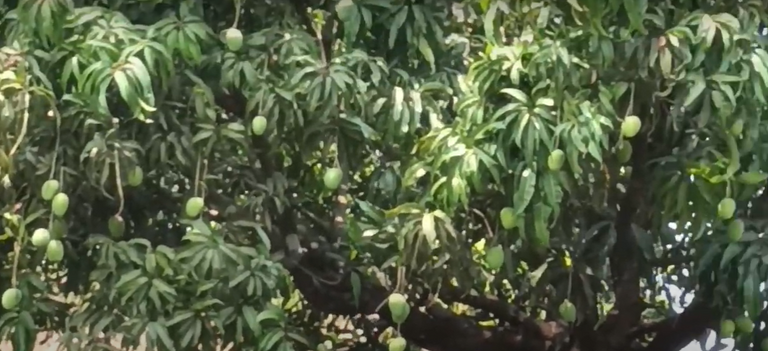
Mango fruit, which has great economic value, is a fruit suitable for cultivation in our country.
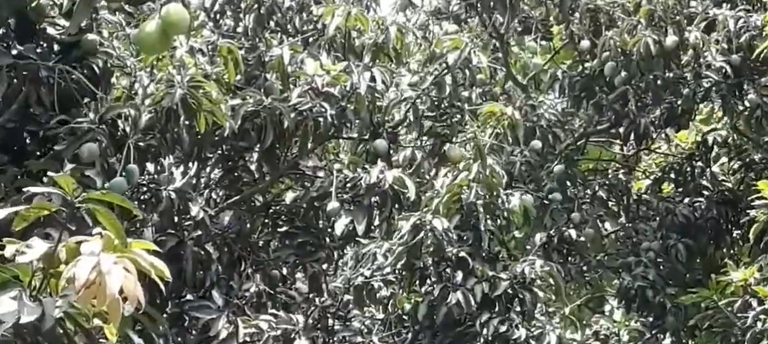
Although growing the tree is extremely simple, the trees can reach 40 meters in height. The stages of growing the tree are as follows.
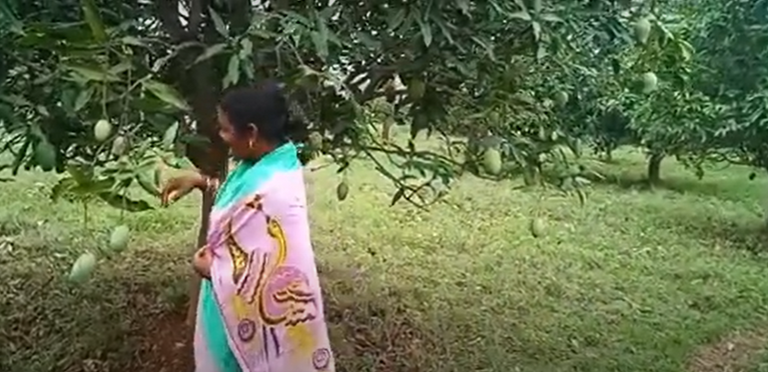
The soil type needed by the fruit is deep, moist and stratified. In other words, it is important that the soil has high permeability.
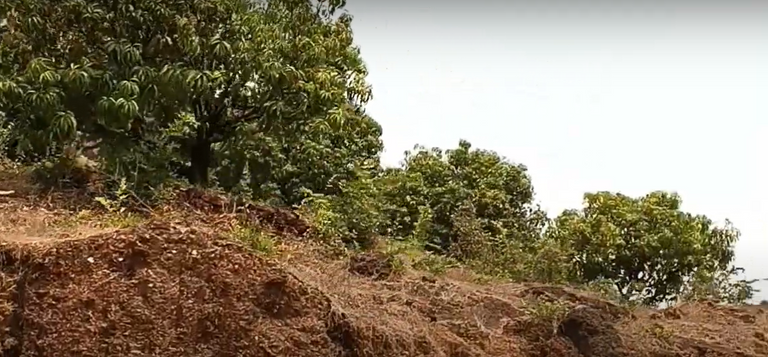
As for the climate, mango prefers a tropical climate. On the other hand, in recent years, they have been planted in subtropical areas and good results have been obtained.
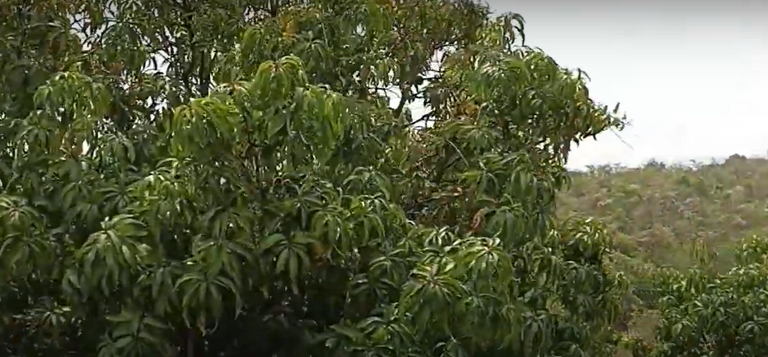
Mango has extremely strong roots, so it is a tree that needs a lot of water. Fruit productivity increases with adequate watering of the tree.
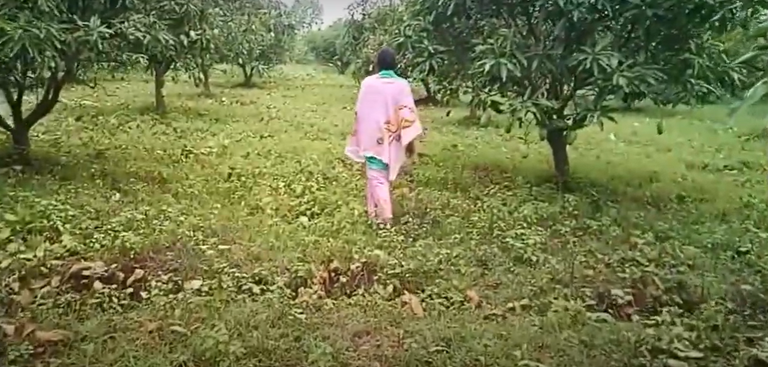
If it is planned to plant from the seed, the seed inside the fruit must first be removed and waited until it dries. Afterwards, the membrane must be peeled off and left to germinate in a dark, humid environment. Planting should be done after germination occurs.
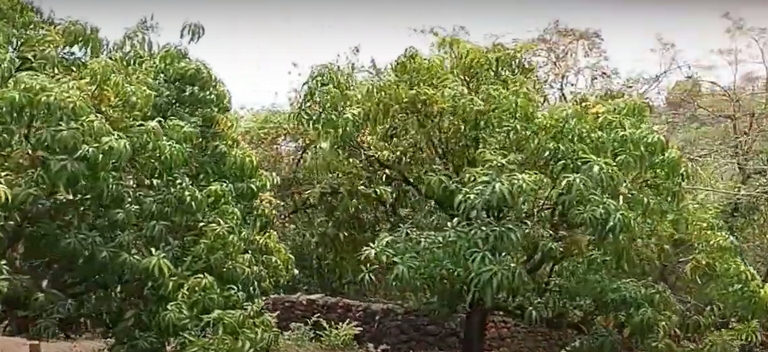
On the other hand, it is also possible to plant it as a seedling. Mangoes in seedling form are approximately 60 cm long and 1-2 years old.
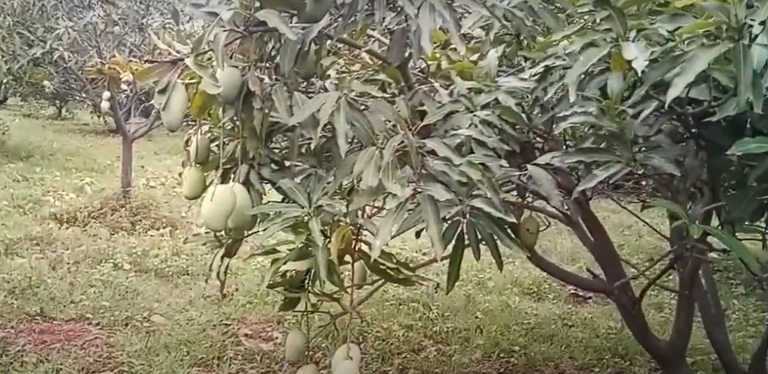
In soft soils, roots can go down to 6-7 meters. For this reason, it is important to fertilize regularly.
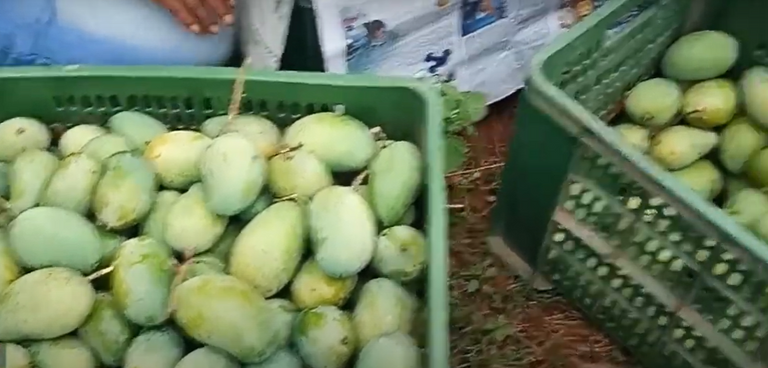
On the other hand, since the mango tree grows so tall, there may be some problems in taking care of its branches and leaves.
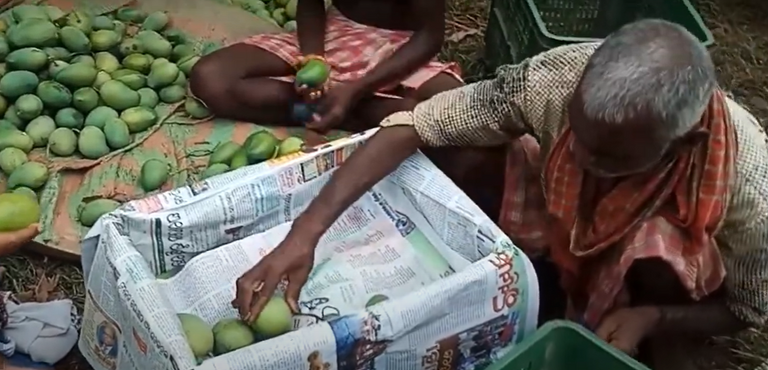
The length of the flowers that appear before fruiting varies between 10-15 cm.

The fruits it produces after flowering are approximately pear-sized and purple in color. Afterwards, its color begins to turn yellow. In this state, it resembles a banana.

This fruit, which belongs to hot climates, must be protected from frost damage. Otherwise, the tree will not be able to bear fruit or die the year it gets frosty.
------All photographs are taken with Redmi Note 12 Pro-----